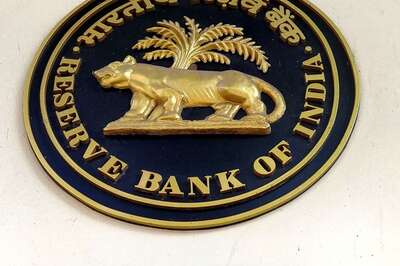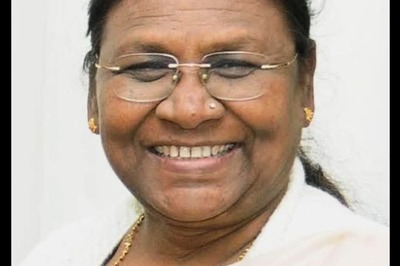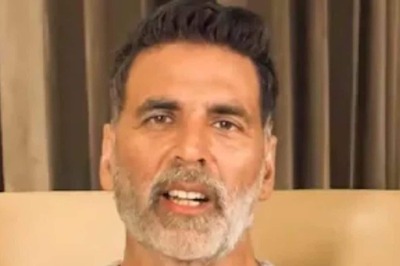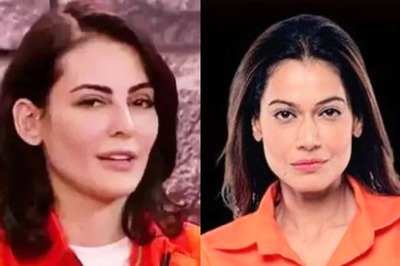
views
RICHARD PARKER
Age: 64
Designation: Senior Fellow at the Shorenstein Center, Harvard Kennedy School
Education: B.A. in Economics, Dartmouth College; D.Phil in Economics, University of Oxford
Career: Economist at the United Nations Development Program (UNDP); Biographer of John Kenneth Galbraith, US Ambassador to India under John F. Kennedy
Interests: Kayaking, hiking, bicycling
Mark Twain poked at the fallacy of numbers when he said there are lies, damned lies and statistics. Does India’s revised urban poverty line set at Rs 32 a day per capita fall under this category?
India has a new national self-confidence about its ability to grow and compete internationally and there is great sensitivity on the part of senior officials about how India is perceived. The Indian government wants to show a steady fall in poverty as a consequence of development measures taken since the Nineties. The other issue is that the cost of these programmes is a burden on the Indian budget and balance of payments. But the fact that India is having this debate is a sign of how quickly it’s moving toward a developed state status.
The Planning Commission said the government would not limit welfare benefits to those below the poverty line. What do you think of this approach?
The different levels of anti-poverty assistance being determined by where people stand in relationship to the line — not simply below, but also above it — reflects a fundamental problem that economists have in measuring poverty and defining its nature. The measure of a decent society is in its generosity in defining poverty, but more importantly it’s also seen in its commitment to reducing poverty, however defined. An economist is not the final determiner of what constitutes poverty.
Critics say economists have become disconnected from India’s poor. Is that unfair criticism?
I don’t think it’s unfair criticism. When I worked as an economist at the UNDP, I saw that frequently among my colleagues because they were insulated by neo-colonial living conditions when they were working in developing countries. So, poverty for them was first and foremost experienced as a set of equations. There was a deep, profound and dangerous disconnect between the humanity of the poor and the poor as statistical objects.
Is it dangerous to use caste in poverty estimates?
I think caste and race are very dangerous and toxic elements to mix in here (food security bill).
Your thoughts on the national policy debate to alleviate poverty centring on redistribution instead of wealth creation and sustainability?
I don’t think there’s a polarity between the two. One doesn’t want to take distribution or redistribution off the table in fighting poverty. Instead, it should be a pan-class goal in which all classes of people should be enrolled.




















Comments
0 comment